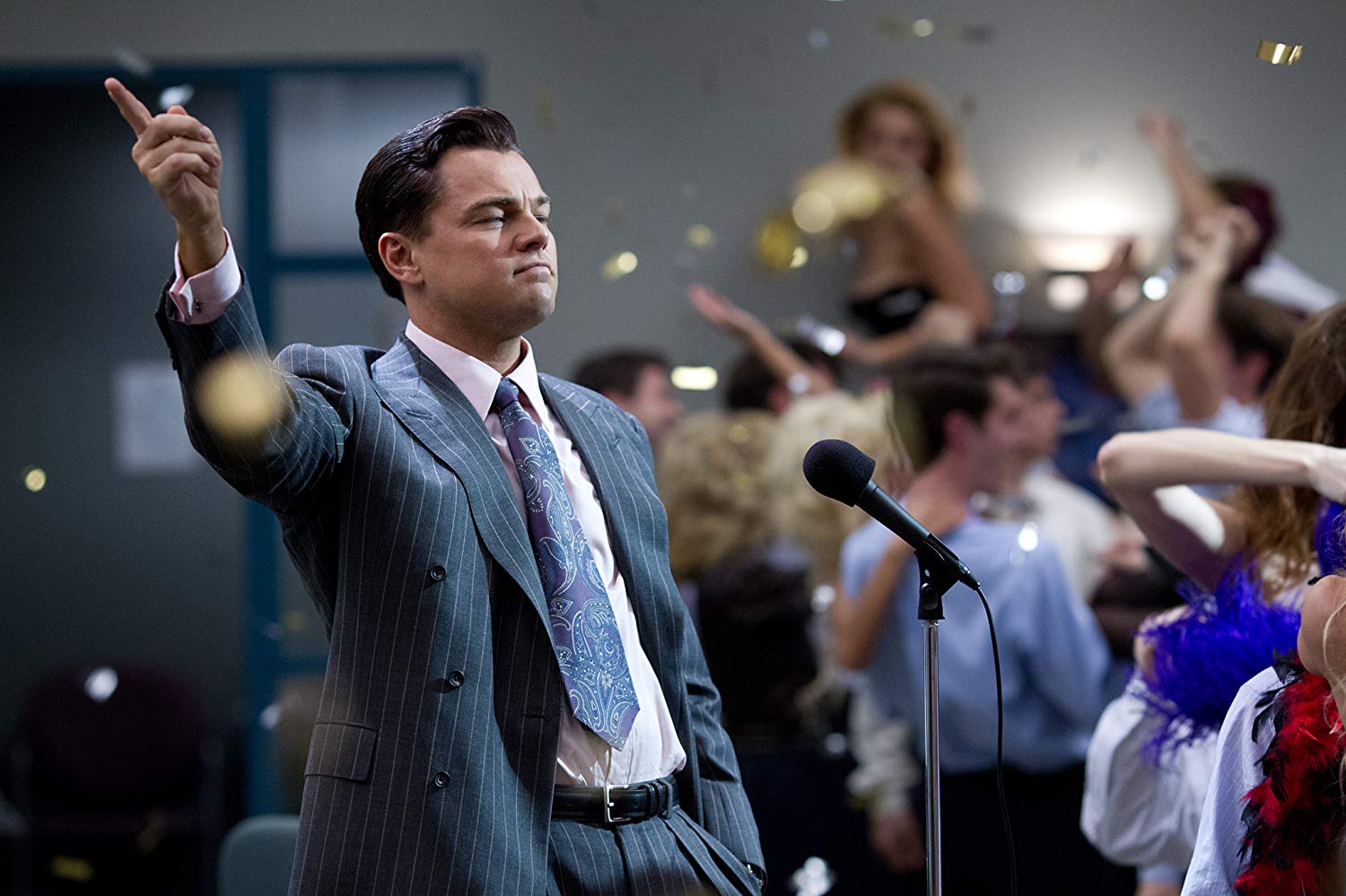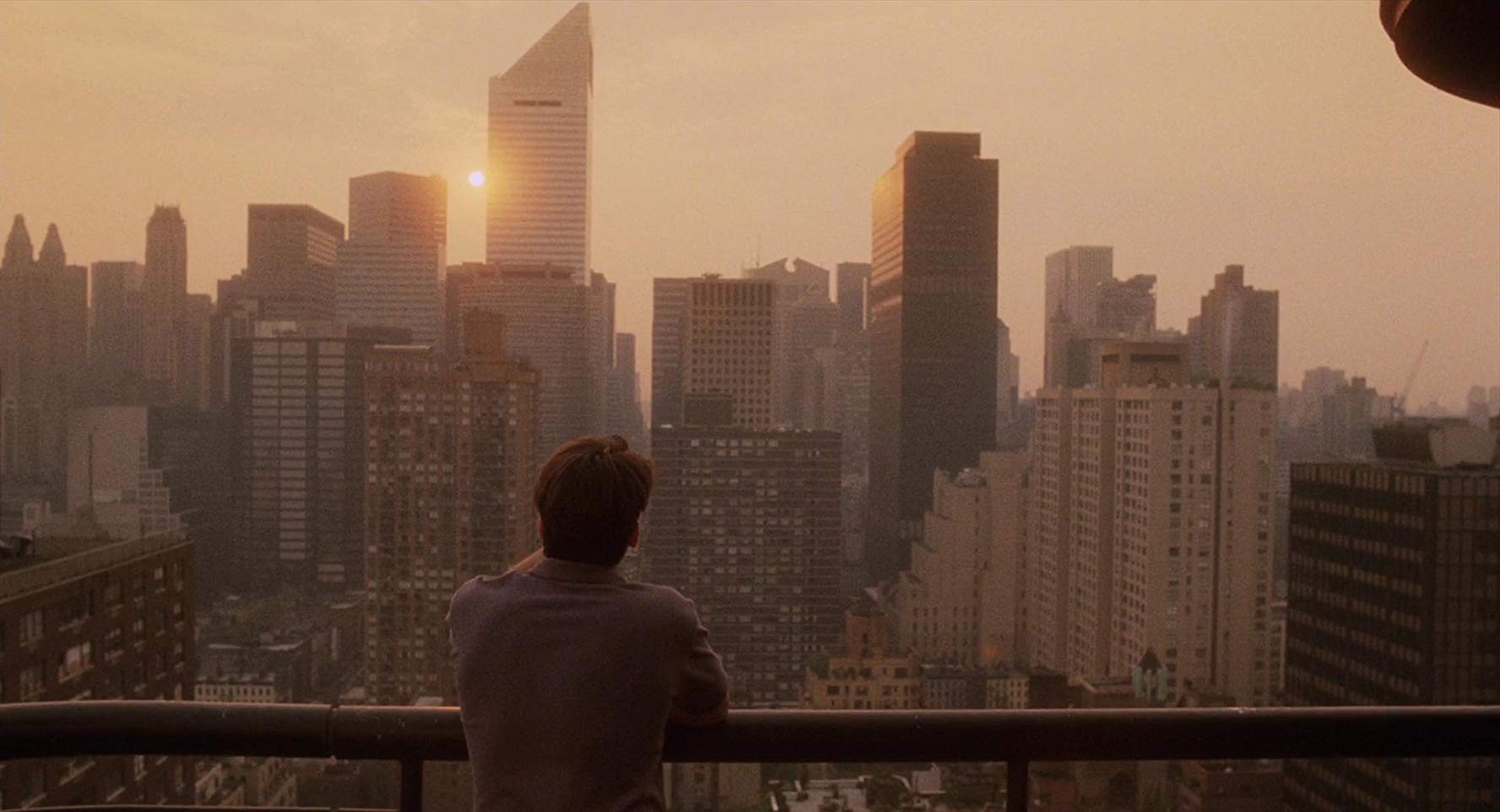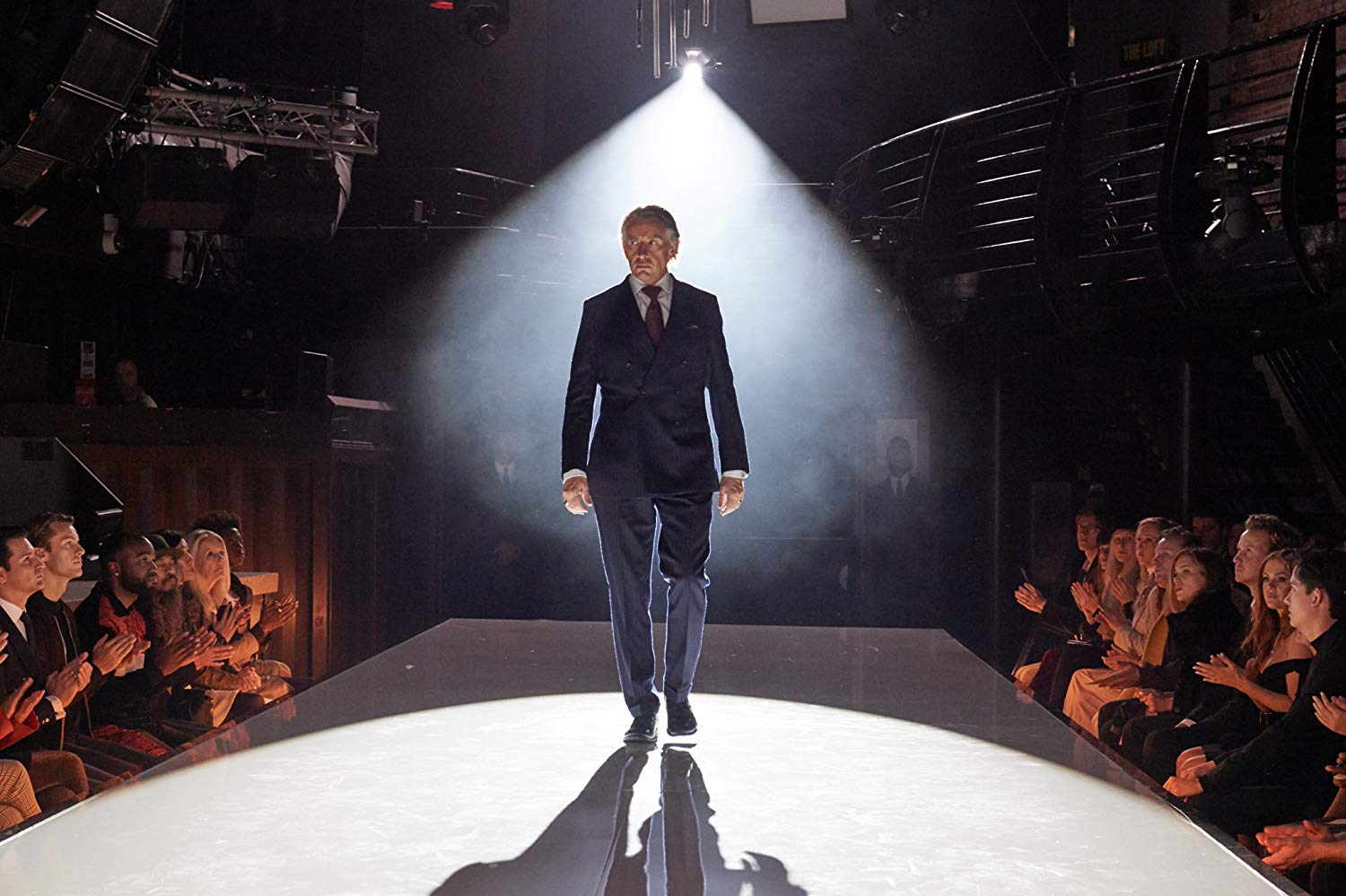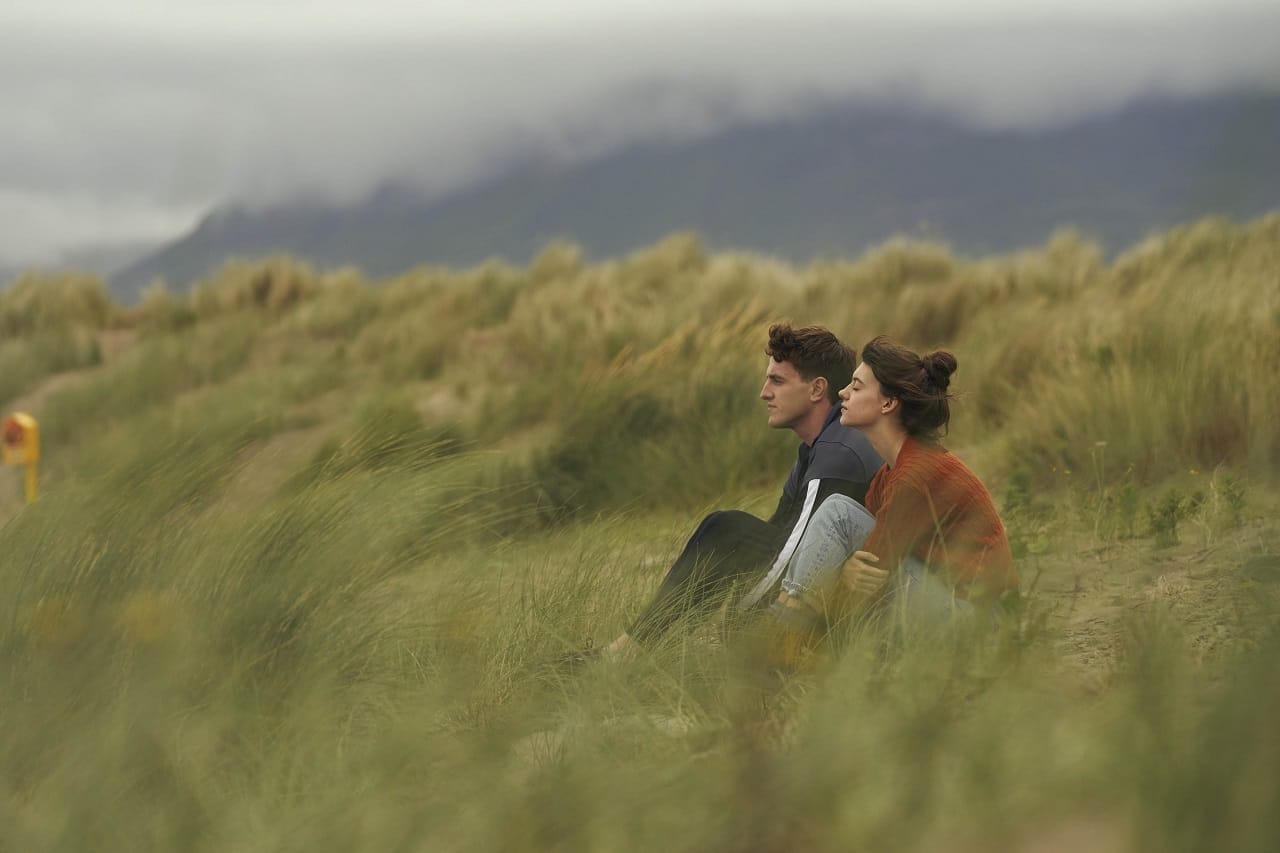By Zizzy Lugg-Williams, PGCE in Modern Foreign Languages
This is not a subtle film. But then, how could it ever be? From its very title, Greed (2019) lays out its intentions for all to see, and sets to work in taking us on a ride through the excesses, the follies, and the evil deeds of the super-rich; holding our hand every step of the way.
The glare shone on the disgraced Topshop boss and BHS pilferer Sir Philip Green - of whom Coogan’s character, Sir Richard ‘Greedy’ McCreadie is a gossamer-thinly veiled caricature - is as bright as Coogan’s Fluro veneers, and the message is laid on thicker than his atomic-orange tan.

McCreadie’s desperate attempts to rebuild his reputation after a hideous performance in front of a parliamentary select committee are played for laughs as his plans for a Roman themed, celebrity-filled, 60th birthday party crumble around him.
Nero may have played the fiddle while Rome burned, but the previously all-powerful McCreadie, who once held celebrities and socialites in the palm of his hand, finds it increasingly difficult to get any of them to dance to his tune. His mock colosseum, a vision of bare, untreated MDF for the majority of the film, only underlines the shallow, posturing, ridiculousness of his power built purely on wealth.
| Uncut Gems is a ‘masterfully suspenseful’ resurgence of Adam Sandler’s career
But this is not a film that seeks to poke fun at one man alone for being a bit crass. It has hard work to do in breaking through the layers of our own social conditioning around wealth and success, and this is where its lack of subtlety is its strength. We are so inured and used to images of the super-rich cavorting on yachts; our screens and feeds so clogged with the lives of the rich and the beautiful, that it perhaps takes such a slap of clear-cut unsubtlety to shake us from our apathy.

Films like The Wolf of Wall Street (2013) and before that, 1987’s Wall Street, although nominally about the evils of rampant greed, have spawned legions of fans and imitators who, drawn in by their glamour, remain wilfully oblivious to the criticisms the films make. For the first twenty minutes or so of Greed, one could easily be forgiven for falling into this trap.
Winterbottom gives us a McCreadie formed from the same antihero mould as his 2002 depiction of Tony Wilson in 24 Hour Party People. The audience finds itself seduced by the young entrepreneur, as he jets around the world closing deals to a pulsating 80s soundtrack – all shoulder pads, public school swagger and macho bravado.
What use is subtlety when the reality itself is so absurd?
However, when David Mitchell’s somewhat hapless Nick is shown the living conditions of the workers making McCreadie’s clothes for less that £5 a day, we are in no doubt about the morality that is lacking here. Winterbottom may occasionally hammer his message home, but at least no audience will come away from this film feeling that, as Gordon Gekko puts it: ‘Greed is good’.

And really, what use is subtlety when the reality itself is so absurd? The real Philip Green is himself such an outlandish caricature of a billionaire – superyachts, tax havens in Monaco, east-end barrow boy affectation and even his own real-life toga themed 50th birthday party, that the film essentially writes itself.
| Guy Ritchie's The Gentlemen is odd, offensive and over-the-top
The lines between fact and fiction are blurred even within the film, as McCreadie’s daughter cries on cue in various beautiful locations for the camera crew that follow her and her boyfriend for Greed’s version of Made in Chelsea (2011-). The boyfriend is played by none other than MIC’s own Ollie Locke, for an added panto nudge and a wink.
The only time that Winterbottom’s approach loses its balance and crosses over to heavy-handedness is in its treatment of the refugee crisis. There has been an unfortunate trend in cinema of late to use main characters’ mistreatment or ignorance of refugees to highlight their lack of empathy - the 2015 film A Bigger Splash particularly comes to mind here.

Greed’s Syrian refugees are expelled from the beach by McCreadie’s assistants, where their tents are ruining the view from his party. Although there is a very important point to be made here, and it is occasionally made well, the characters are essentially one-dimensional and serve more as aids to McCreadie’s characterisation, effectively becoming props, which somewhat undermines the point the Winterbottom is trying to make.
We are in no doubt about the morality that is lacking here
All in all, Greed is a film that does exactly what it says on the tin, but with classic Winterbottom humour and wit and an all-star, entertaining cast. It does it well, forcing the viewer to look not just at the super rich, but also to introspect, and to look at our own culpability and our own greed.
Featured: IMDb / Sony Pictures International Productions
What do you think of Greed's depiction of uber-capitalism?








